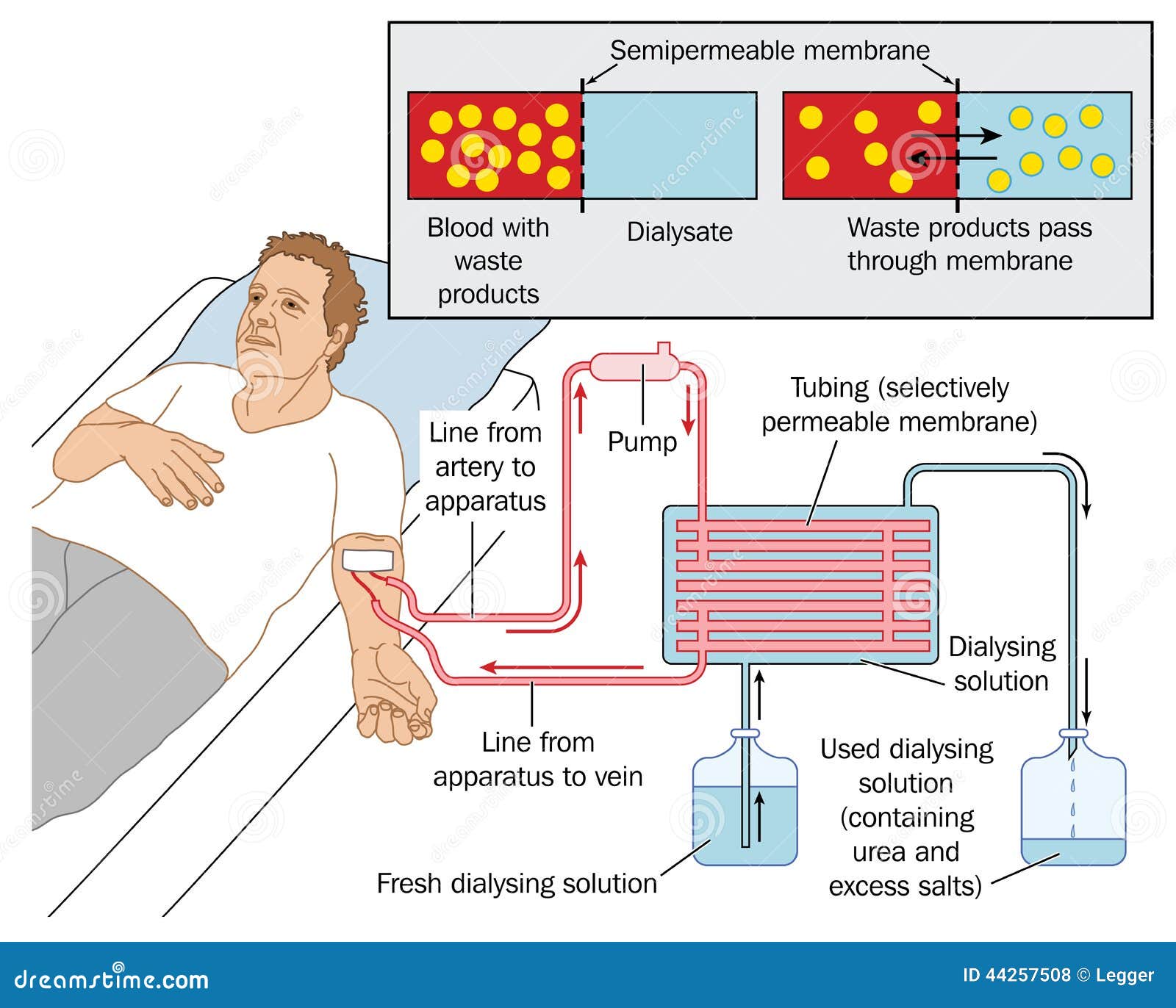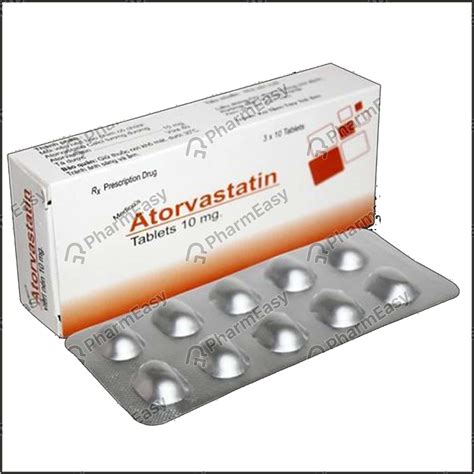12 Gastric Bypass Tips For Weight Loss

Gastric bypass surgery is a highly effective method for achieving significant weight loss, particularly for individuals who have struggled with obesity and related health issues. However, the success of this surgery is heavily dependent on the patient’s ability to adapt to a new lifestyle, including dietary changes, physical activity, and psychological adjustments. Here are 12 gastric bypass tips to help you navigate the journey to a healthier, slimmer you:
1. Pre-Surgery Preparation
Before undergoing gastric bypass surgery, it’s essential to prepare yourself physically, emotionally, and mentally. This includes losing some weight to reduce surgical risks, quitting smoking, and following a preoperative diet as instructed by your healthcare provider. Understanding the surgery and its aftermath can also help manage expectations and anxiety.
2. Post-Surgery Diet
The dietary changes post-gastric bypass are significant and critical for the surgery’s success. Initially, you’ll progress from liquids to pureed foods and eventually to solids, but with a focus on nutrient-dense foods. Avoiding sugary drinks and foods high in fat and sugar is crucial. Working with a dietitian can help you plan meals that meet your nutritional needs while accommodating the limitations imposed by the surgery.
3. Staying Hydrated
Drinking enough water is vital for overall health, and it becomes even more critical after gastric bypass surgery. Aim to drink at least 64 ounces of water per day, sipping slowly throughout the day to avoid discomfort. Avoid drinking during meals to prevent feeling overly full and to ensure you can eat enough nutrient-rich foods.
4. Vitamin and Mineral Supplements
Due to the reduced size of your stomach and altered digestive process, you’ll need to take vitamin and mineral supplements for the rest of your life. This typically includes a multivitamin, vitamin B12, iron, and calcium, among others. Regular blood tests will help your healthcare provider determine if any adjustments are needed to your supplement regimen.
5. Regular Exercise
Exercise is a key component of a successful weight loss journey after gastric bypass surgery. Start with short, gentle sessions and gradually increase the duration and intensity. Aim for at least 150 minutes of moderate aerobic activity, or 75 minutes of vigorous aerobic activity, or a combination of both, per week. Additionally, incorporate strength training exercises to build muscle and boost metabolism.
6. Support System
Having a strong support system can make a significant difference in your journey. Joining a support group either in-person or online can provide a sense of community and understanding. Sharing experiences and challenges with others who are going through similar transitions can be incredibly motivating and helpful.
7. Emotional Eating
Gastric bypass surgery can greatly impact eating habits, but it doesn’t address the emotional aspects of eating. It’s crucial to identify and manage emotional triggers for eating to avoid patterns that can lead to weight gain or other complications. Consider seeking help from a mental health professional to develop healthier coping mechanisms.
8. Follow-Up Care
Regular follow-up appointments with your healthcare provider are essential for monitoring your progress, addressing any concerns, and making necessary adjustments to your diet or supplement regimen. These visits can also help in managing any potential complications early on.
9. Understanding Nutritional Deficiencies
Given the altered digestive system, there’s a risk of nutritional deficiencies post-gastric bypass. Understanding these risks and knowing how to manage them through diet and supplements is vital. Regular health checks and discussions with your healthcare provider can help in identifying any deficiencies early.
10. Adapting to Social Situations
Eating in social settings or at family gatherings can be challenging after gastric bypass surgery. It’s helpful to plan ahead, eat slowly, and choose foods that are easy to digest. Communicating your needs and limitations with your friends and family can also make these situations less stressful.
11. Long-Term Commitment
The decision to undergo gastric bypass surgery requires a long-term commitment to lifestyle changes. It’s not just about the initial weight loss but about maintaining a healthy weight and preventing related health issues over time. This includes ongoing monitoring of your health, adherence to dietary recommendations, and engagement in regular physical activity.
12. Self-Care and Patience
Lastly, it’s essential to practice self-care and patience throughout your journey. Recovering from gastric bypass surgery and adjusting to new lifestyle habits takes time. Be gentle with yourself, celebrate small victories, and remember that setbacks are a part of the process. Focusing on overall health and well-being, rather than just the number on the scale, can lead to a more fulfilling and sustainable weight loss journey.
What are the most common complications of gastric bypass surgery?
+Common complications include nutritional deficiencies, bowel obstruction, and gastrointestinal leaks. Regular follow-up care can help in early detection and management of these issues.
How long does it take to recover from gastric bypass surgery?
+Most people can return to their normal activities within 3 to 5 weeks after surgery. However, full recovery and adaptation to new eating habits can take several months.
Can I still gain weight after gastric bypass surgery?
+Yes, it is possible to gain weight after gastric bypass surgery if you do not adhere to the recommended diet and exercise regimen. Over time, the stomach can stretch, allowing for larger meals, and if calorie intake exceeds calorie expenditure, weight gain can occur.
In conclusion, gastric bypass surgery is a powerful tool for weight loss, but it requires a comprehensive approach that includes dietary changes, physical activity, psychological support, and long-term commitment to lifestyle adjustments. By understanding the process, preparing thoroughly, and maintaining a flexible and positive attitude, individuals can navigate the challenges and maximize the benefits of this life-changing procedure.



